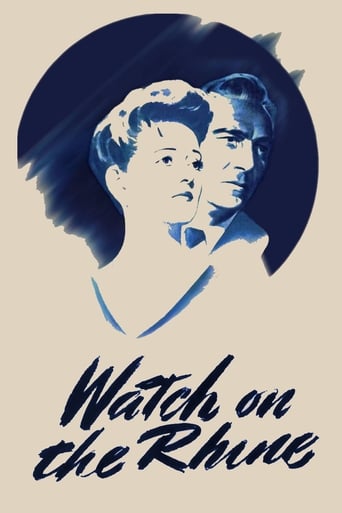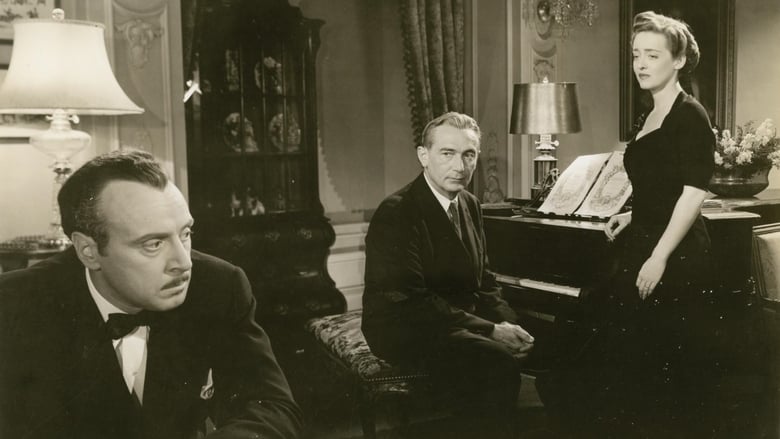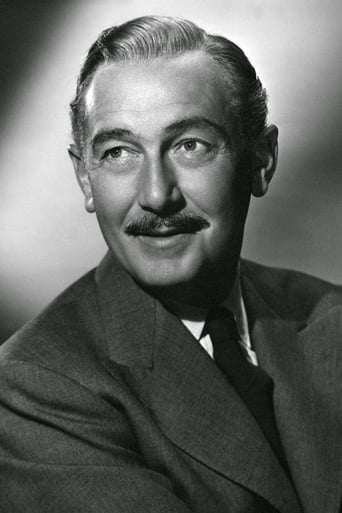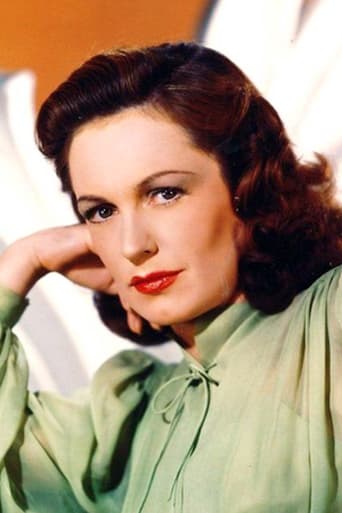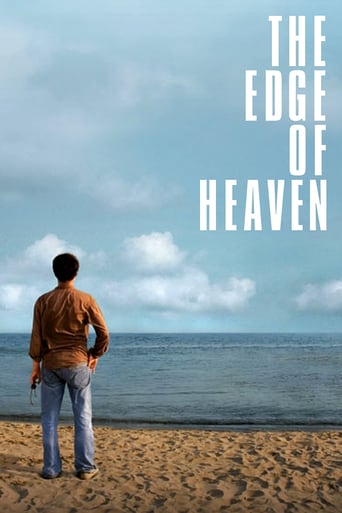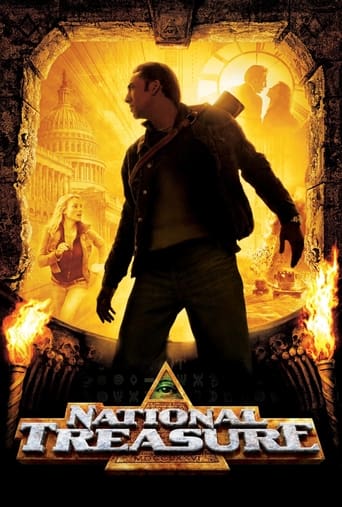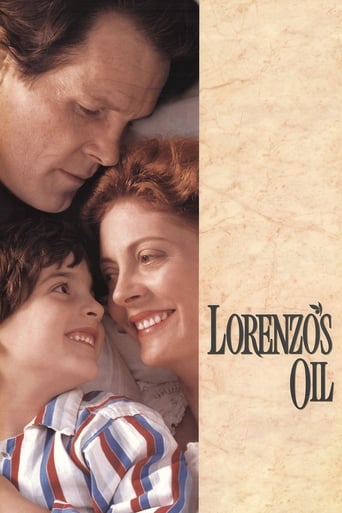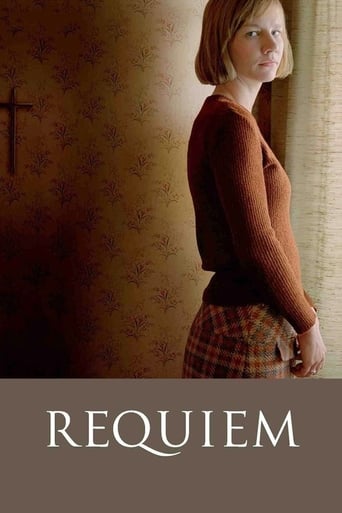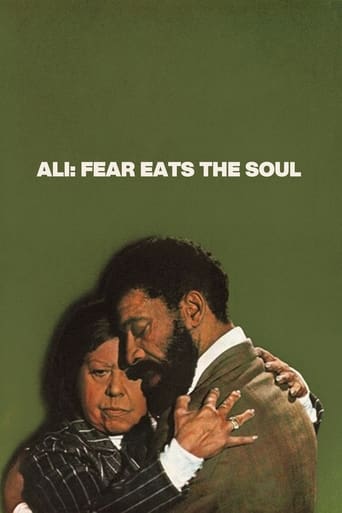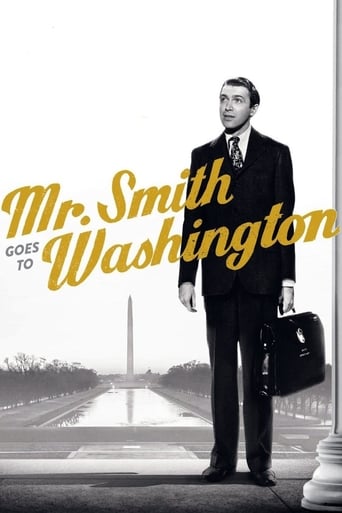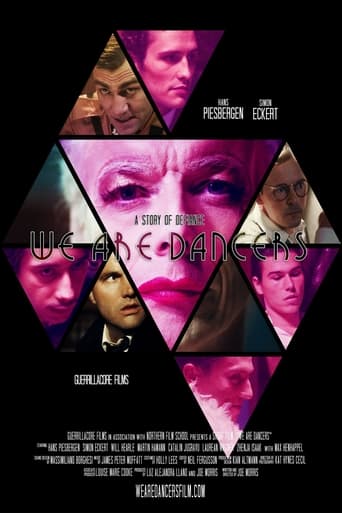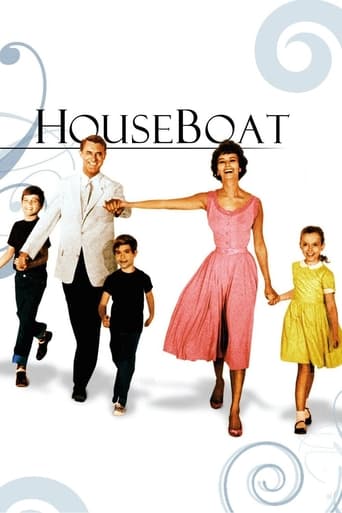Watch on the Rhine (1943)
On the eve of World War II, the German Kurt Müller, his American-born wife Sara, and their three children, having lived in Europe for years, visit Sara's wealthy mother near Washington, DC. Kurt secretly works for the anti-Nazi resistance. A visiting Romanian count, becoming aware of this, seeks to blackmail him.
Watch Trailer
Free Trial Channels
Cast


Similar titles
Reviews
Tied for the best movie I have ever seen
Best movie ever!
Entertaining from beginning to end, it maintains the spirit of the franchise while establishing it's own seal with a fun cast
Clever, believable, and super fun to watch. It totally has replay value.
The stage play opened on Broadway in April 1941 and closed after 378 perfor¬mances on 21 February 1942. It starred Paul Lukas, Mady Christians and Lucile Watson. Here's where I and contemporary critics part company. Watch on the Rhine undoubtedly had an effective message for early 1940's America, but that message is now way out of date. In any event, nothing can disguise the play's many obvious shortcomings: Instant information preaching from characters who are no more than walking puppets, mouthing pretentious platitudes; situations that are pure soap opera; and, above all, dullness. The only piece of action in the entire play (and the film) occurs offstage. In this movie version, no attempt whatever is made to handle the proceedings cinematically. Herman Shumlin's direction is incredibly old-fashioned, with the players studiously hitting their marks and rattling off their lines. The groupings are stage groupings, with the actors standing around, stock still, while waiting for their cues to bring them to life. In my opinion, Lukas did not deserve his Academy Award (which should have gone to Bogart for Casablanca), but Lucile Watson should have defeated Katina Paxinou. Only Miss Watson (who admittedly has the most interesting character and dialogue) can fully overcome the play's dated propaganda, though George Coulouris makes a good stab at the impossible role in which he is miscast (he is able to convey the seedier aspects of de Brancovis effectively, but misses out on the charm). Donald Woods is ridiculously gauche (though few players would have fared better with such a part). Davis and Fitzgerald act in the somewhat overblown style then fashionable on the contemporary stage.
A German-born engineer (Paul Lukas), his American wife (Bette Davis) and their children travel from Mexico to the United States to visit his brother but their plans are complicated by a Romanian count.Davis stated in a 1971 interview with Dick Cavett, that she played the role of the wife for 'name value' because the studio did not consider the film a good financial risk, and that her name above the credits would draw audiences. Davis gladly took the secondary role because she felt the story was so important, and that Miss Hellman's writing was 'super brilliant'. Incidentally, I believe Paul Lukas is the more interesting actor, but Davis would be right that she was the bigger draw... and went on to maintain stardom while Lukas is largely forgotten.I just happen to like the film because of the way it portrays Germans and Italians... there is a bit more nuance than you typically see in a film about World War II -- especially a film made right in the middle of the war!
The is a great movie. The passage of time has not lessened its dramatic impact. Although set during World War Two, this movie, which is an excellent adaptation of the Lillian Hellman play, deal with themes which are relevant today and would resonate with a contemporary audience. Paul Lukas's performance is tremendous; his Academy Award is well-deserved. As for Bette Davis, she successfully tackles a role that was not a typical one for her. Here she is cast in a supporting role, yet she still stars, so good is her performance. The other member of the cast are also excellent. Special mention must go to George Coulouris and Irene Watson, both of whom have key roles in the drama. This movie conveys the feeling of determination and commitment to the struggle against Nazism, yet avoids becoming a polemic, which is why the movie is so strong as a drama. For anyone who likes strong stories and excellent acting, this movie is for you.
All the dialog in this movie is written as if it were a sermon. Not only is the movie too preachy, but the acting is either too stiff (the children) or too hysterical (Bette Davis, in one of her weaker performances). Another weakness of the movie is that all the dialog revolves around generalities rather than specifics. Fascism and Nazis are bad! Maybe in 1943 this was groundbreaking, but today the simplemindedness of the writing makes this a story of caricatures, rather than a story of real people. The plot of the movie could have survived if this had been filmed as a film noir with unknowns in the leads instead of a melodrama for actors pining to win an Oscar.

